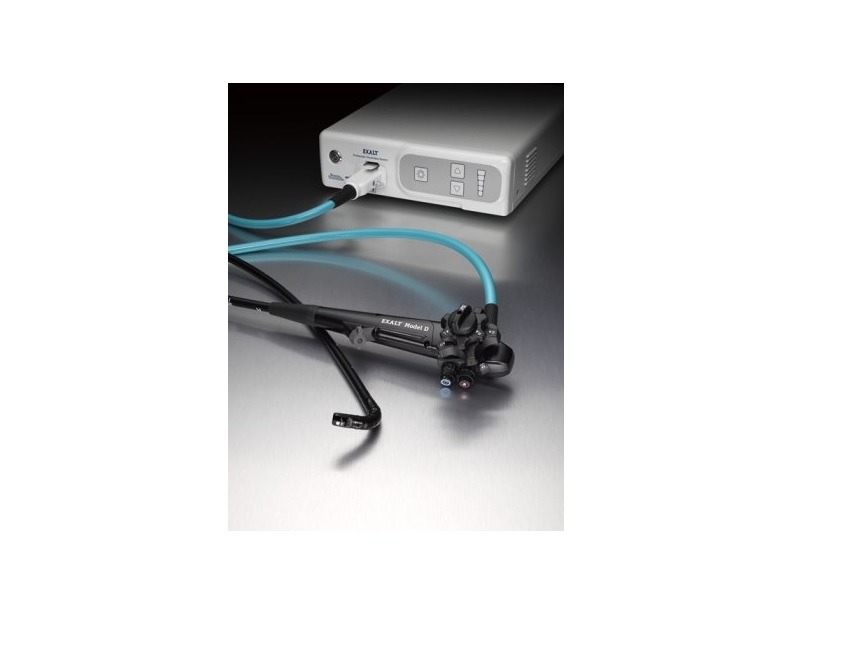
Boston Scientific has secured 510(k) clearance from the US Food and Drug Administration (FDA) for its Exalt Model D single-use duodenoscope.
Exalt Model D is claimed to be the world’s first single-use duodenoscope designed to be used in endoscopic retrograde cholangiopancreatography (ERCP) procedures.
It is also said to be the first FDA cleared disposable duodenoscope on the market and also secured the breakthrough device designation from the FDA.
The Exalt Model single-use duodenoscope has been developed as an alternative to reusable duodenoscopes
Designed as an alternative to reusable duodenoscopes, the Exalt Model D will help eliminate the reprocessing and repairs of duodenoscope and enables physicians to use a new and sterile device for every procedure.
Boston Scientific said that it voluntarily carried out a consecutive case series of the Exalt Model D duodenoscope and noticed that expert endoscopists were able to complete ERCPs across a range of complexity using the single-use duodenoscope.
Boston Scientific aims to begin a limited market release of the device in the US during the first quarter of 2020.
Boston Scientific endoscopy president and senior vice president Art Butcher said: “The EXALT Model D Duodenoscope was developed to support clinicians in their mission to deliver the highest quality patient care.
. “As a leading industry partner committed to advancing the care of pancreaticobiliary diseases for over 30 years, helping to ensure the integrity of ERCP is inherent in our mission to advance science for life and transform patient lives. This device, which was granted Breakthrough Device Designation by the FDA, builds on our legacy of delivering meaningful innovation that improves clinical outcomes.”
In April this year, Boston Scientific secured FDA approval for its Lotus Edge aortic valve system to treat patients with severe aortic stenosis.
Lotus Edge is a transcatheter aortic valve replacement (TAVR) technology secured approval to treat patients with severe aortic stenosis who are considered at high risk for surgical valve replacement through open heart surgery.






